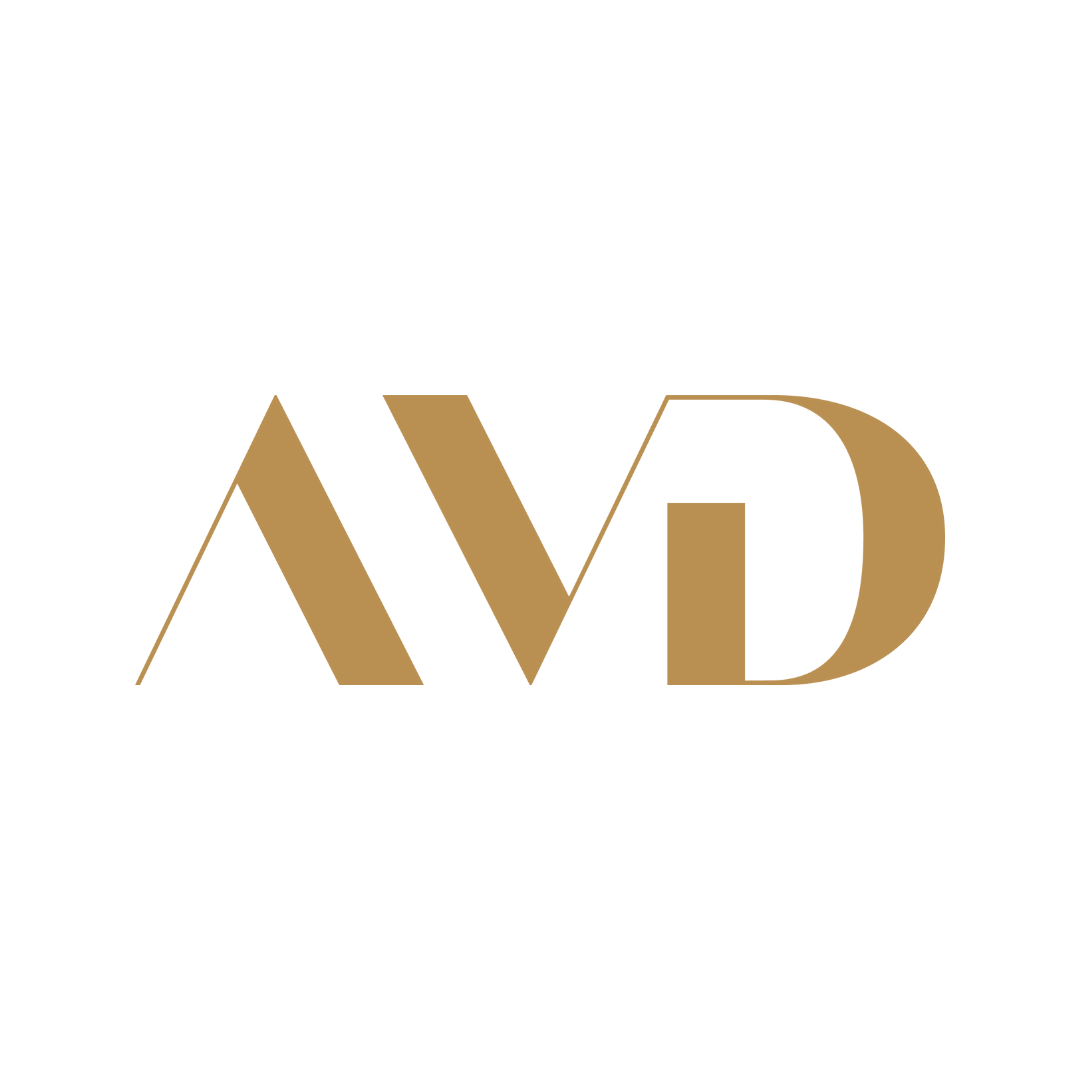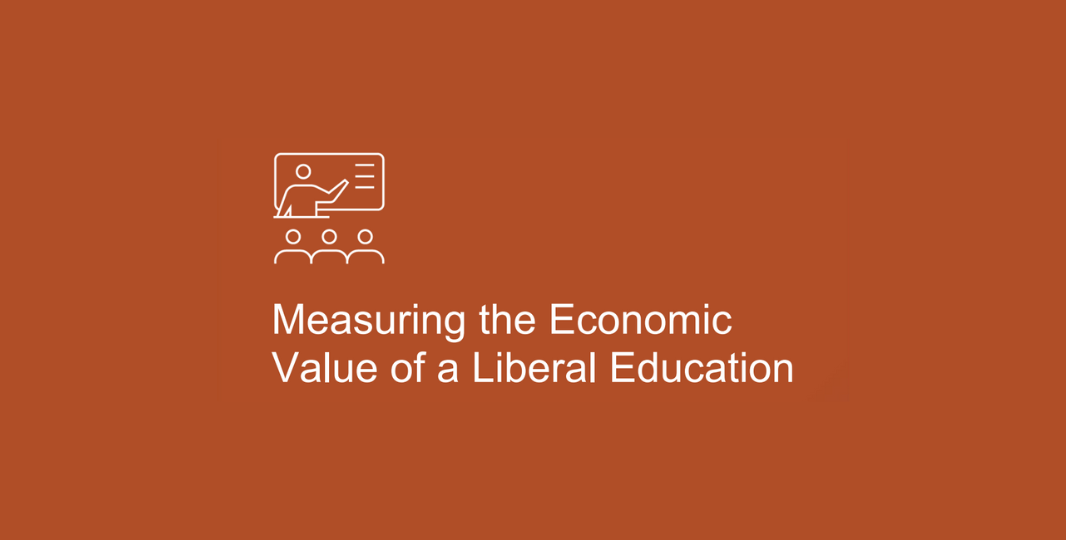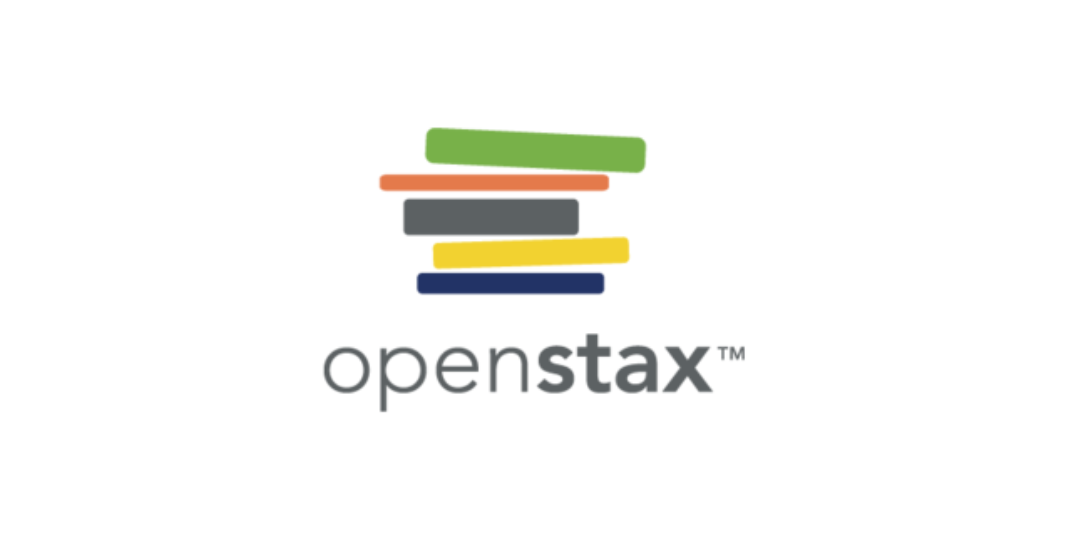As tuition costs continue to rise and the labor market evolves, skepticism toward the long-standing value of a college degree has grown. Increasingly, students and families are weighing the tangible returns of higher education—particularly in the liberal arts—against mounting financial burdens. Yet decades of research underscore the enduring benefits of a college education, especially for those who complete their degrees. Amid this growing tension, a fundamental question emerges: How can colleges and universities more effectively demonstrate the individual and societal value of a liberal arts education?
In 2022, Inside Higher Ed conducted a national survey of chief academic officers, offering insight into this very question. The results were unambiguous: 89% of respondents affirmed the value of a liberal arts education, including for students enrolled in professional programs. These academic leaders overwhelmingly support the role of the liberal arts in cultivating intellectual agility, critical thinking, and civic preparedness. However, they also acknowledged a growing external disconnect—64% reported that political and institutional stakeholders are increasingly unsympathetic to the liberal arts.
The divide is not simply ideological; it is also data-driven—or, more accurately, data-deficient. While anecdotal evidence points to the liberal arts as a foundation for transferable skills like communication, teamwork, and problem-solving, empirical evidence that captures long-term outcomes was limited.
Recognizing this challenge, AVDF awarded a $355,000 grant to the American Council of Learned Societies (ACLS) to deepen the evidence base for the value of a liberal arts education. The AVDF/ACLS Fellowships for Research on the Liberal Arts provided funding and training to five research teams using the College and Beyond II (CBII) data set—one of the most comprehensive data sources of its kind. The CBII data set includes more than one million student records, over 50 million course enrollments, and survey responses from 2,800 alumni.
One of the five selected projects builds on complementary work conducted by Ithaka S+R, a research organization that has been engaged since 2019 in clarifying, quantifying, and communicating the value of liberal education. Recognizing the increasing political and economic scrutiny facing the liberal arts, Ithaka S+R released a new report introducing a novel methodology that accounts for the full scope of students’ educational pathways—not just their major or institution. This approach connects those pathways to key outcomes such as labor market success, academic performance, and civic engagement.
Crucially, Ithaka S+R’s findings are grounded in data from public institutions rather than elite private colleges, enhancing their relevance across a broad range of educational contexts. The research shows that the depth and breadth of a student’s liberal arts engagement significantly influence long-term outcomes. To view the full report, click here.
Back to all Stories


